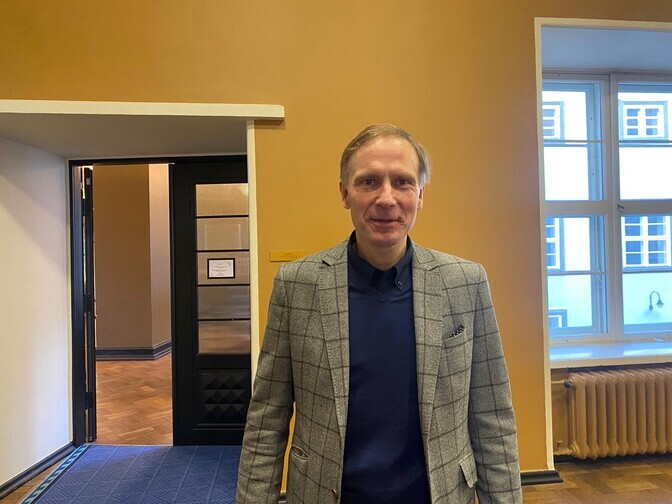Key Takeaways:
- Eerik-Niiles Kross, appointed as PACE’s General Rapporteur on Russian Democratic Forces, aims to establish a structured dialogue with democratic and anti-war representatives of the Russian diaspora.
- His mandate includes promoting initiatives like the “Democratic Passport” and forming a delegation of Russian democratic forces to engage with PACE.
- The key principle involves supporting individuals and groups aligned with European values, verified through their endorsement of the Berlin Declaration.
In summer 2024, the Parliamentary Assembly of the Council of Europe (PACE) created a new position—General Rapporteur on Russian Democratic Forces—and appointed Estonian delegate Eerik-Niiles Kross to fill the role. The position aims to foster dialogue with democratic and anti-war representatives of the Russian diaspora, providing them with a platform amid their struggle against the Putin regime.
A New Role in a Complex Landscape
Since Russia’s full-scale invasion of Ukraine, hundreds of thousands of Russians have fled their homeland seeking refuge in Europe. Many claim opposition to the war and authoritarianism, but PACE sees the need to distinguish genuine democratic allies from potential security risks.
A key benchmark is the Berlin Declaration, which condemns Russian aggression, supports Ukraine’s territorial integrity, and advocates regime change. Kross emphasizes that signing the declaration is a litmus test for identifying sincere supporters of democratic reform.
The “Democratic Passport”: A Symbol and Tool
The concept of a “Democratic Passport” is gaining traction. This document could simplify bureaucratic processes and provide rights to exiled Russians opposing Putin. Kross envisions it as both a symbolic and practical solution for those risking their safety to stand against the regime.
The challenge lies in determining eligibility. PACE suggests criteria such as political self-identification and endorsement of the Berlin Declaration as a foundation for issuing the passport.
Building a Democratic Delegation
Kross is also spearheading efforts to form a democratic delegation of Russian exiles to PACE. While this delegation will not participate in formal voting, it aims to foster regular dialogue with European structures, share information, and coordinate the democratic agenda for exiled opposition forces.
Challenges and Opportunities
Divisions among the Russian opposition abroad remain a significant hurdle. Conflicts between groups such as FBK (Navalny’s team) and the Anti-War Committee add to the complexity. Nevertheless, Kross underscores the importance of dialogue and self-organization. European states, in turn, must offer viable alternatives to support those actively opposing authoritarianism.
Despite the political and bureaucratic challenges, PACE is committed to continuing its work. As Kross noted, the historical example of Estonian exile communities shows that the idea of freedom can prevail if actively nurtured, even under challenging circumstances.
Source










